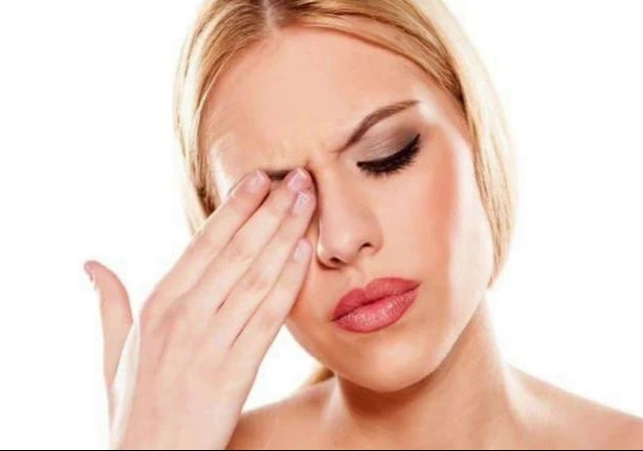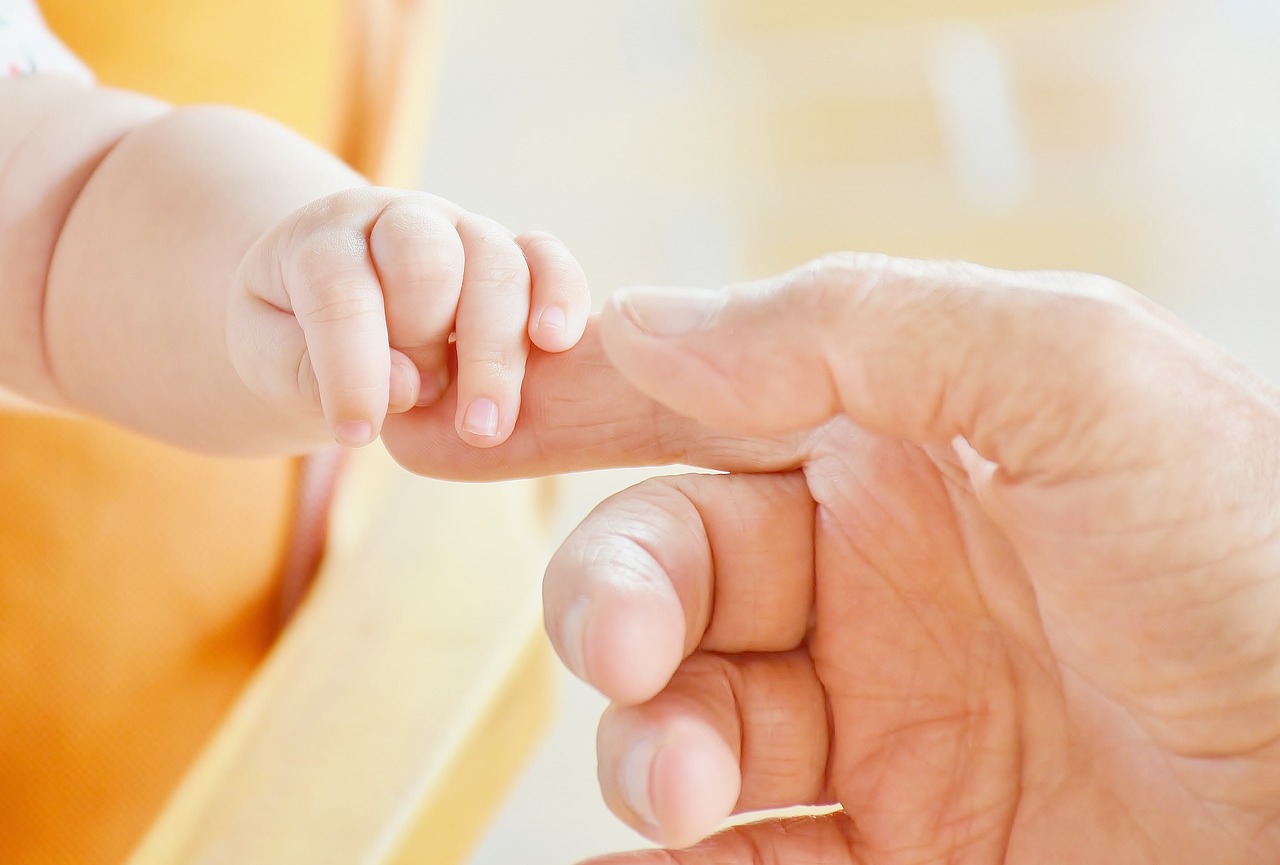Postcoital dysphoria (PCD), also known as postcoital tristesse (PCT), is a condition in which you feel anxious, depressed, or even irritable after sex or masturbation. In some cases, it can even be accompanied by panic attacks.
Although the condition is rarely discussed, postsexual anxiety disorder is relatively common. A 2015 study surveyed 233 female students and found that 46% had experienced at least one post-sex anxiety disorder; additionally, about 5% reported experiencing PCD symptoms several times in the past four weeks.
Post-sexual anxiety disorder can also occur in men. A 2019 study surveyed 1,208 men and found that 41% had experienced the condition in their lifetime, about 20% had experienced PCD in the past month, and 3% to 4% reported it frequently Post-sexual anxiety disorder.
Symptoms of Post-sexual Anxiety Disorder
Postsexual anxiety disorder can occur after masturbating or having sex with a partner, whether or not you have climaxed. Symptoms include:
- Depression
- Cry
- Anxiety
- Irritability or aggression
- Regret or guilt
- Ashamed
- Numbness or emptiness
- Panic attack
Why Do I Feel Sad after Sex?
There is no unified explanation for the cause of postsexual anxiety disorder, but the following factors may be at play.
Hormones
- Studies have found that sex causes the release of several hormones in the body, especially oxytocin and dopamine. Orgasms may also trigger the release of hormones, such as prolactin.
- The rise and subsequent fall in hormones during and after sex can affect an individual’s mood, causing the individual to feel sad or anxious after sex.
Past sexual trauma
- Sexual trauma can affect how you feel about sex. Even during consensual, pleasurable sex, sex can trigger a trauma response. A trigger is an overwhelming emotional response to something that reminds you of a traumatic event, often making you feel as if you are experiencing the traumatic event all over again. Triggers may include sights, smells, touch, or even thoughts.
- If you have experienced sexual trauma, you may need the help of a psychotherapist. Trauma counseling can help you better cope with triggering factors and various problems after the sexual trauma experience.
Difficulties in Intimate Relationships
- Sex can sometimes bring up underlying issues between you and your partner. Since sex is an intensely emotional experience, it may bring up unresolved issues and leave you feeling overwhelmed.
- It’s worth noting, though, that post-sex anxiety disorder isn’t always a sign that you’re unhappy in your relationship or with the “wrong person.” Even if you completely love and trust your partner, you may experience post-sex anxiety.
Sexual difficulties
- Many of us may have uncomfortable feelings about sex. Even if you enjoy sex, these questions may leave you feeling upset after it’s over.
- Additionally, if you are experiencing (or have experienced) a sexual disorder, you may feel particularly upset or anxious about sex.
General anxiety, stress, or depression
- Even if you don’t want work stress to creep into your life, it can creep in.
- Sex can often be a stress reliever, especially when you are with a partner you trust. You may feel completely relaxed and comfortable while you deal with other issues in your life (e.g., work, family difficulties, recent loss). Sadness or anxiety is likely to creep in and feel more intense.
- Still, crying after orgasm or after sex isn’t always post-sex anxiety, it can also be tears of joy. We cry not only when we’re sad, but also when we’re happy, relieved, or overwhelmed—emotions that can also occur after sex.
How to Relieve Post-sex Anxiety?
While many people will experience post-sex anxiety disorder at some point in their lives, if it’s causing you a lot of distress, you may want to seek help from a psychotherapist or doctor. But before you seek professional help, if you find your PCD symptoms distressing or occur frequently, there are some things you can do to relieve them:
- Keep a diary;
- Try relaxation techniques;
- Take a warm bath;
- Practice deep breathing;
- Do something interesting to distract your attention, such as watching a movie;
- Communicate with your partner (e.g., tell them you want a hug, talk, or be alone).
Conclusion
Post-sexual anxiety disorder can be caused by a range of issues, from sexual trauma to general stress and anxiety. In the long run, receiving professional psychotherapy is the best approach. You may choose to receive individual or couples counseling. If this condition is also affecting your partner, or you think underlying intimacy issues are causing your PTSD, couples counseling may be a good option.




